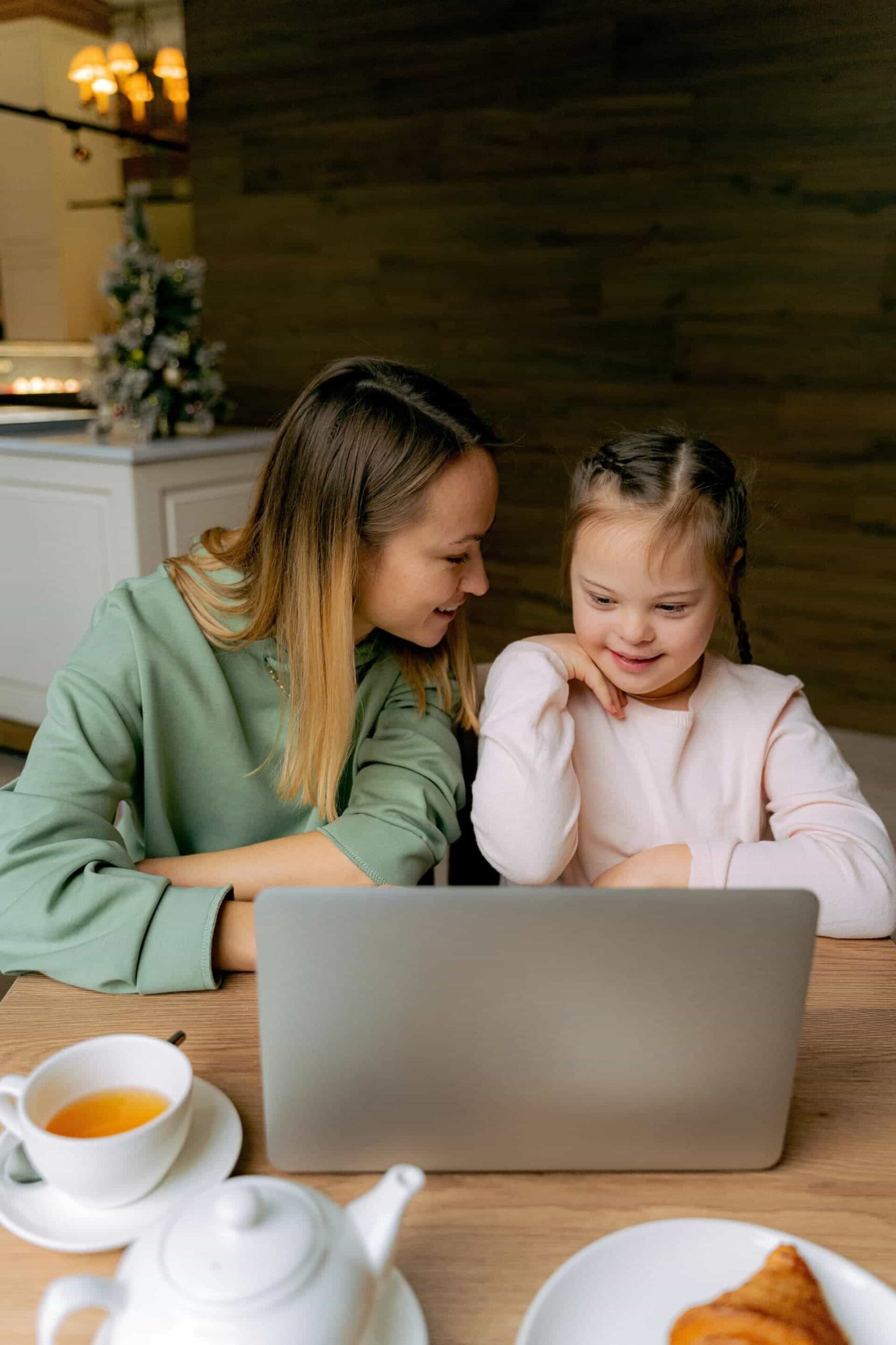
An EHCP plan stands for Education, Health, and Care Plan. It’s a document designed to support children and young people with special educational needs and disabilities (SEND) in the UK. Here’s a breakdown in simple terms:
● It’s a plan that sets out a child or young person’s specific educational, health, and care needs.
● It also lists the support they need to help them learn, develop, and achieve their goals.
Who does an EHCP support?
● Children and young people with special educational needs or disabilities that make it harder for them to learn or develop without extra help.
● It’s for those who need more support than what a school or college can usually provide through their regular resources.
How does it help?
● Identifies Needs: Lists all the challenges the child/young person faces.
● Provides Support: Specifies the extra help they need, like teaching assistants, therapy, or special equipment.
● Sets Goals: Helps them achieve specific outcomes, like learning skills or improving confidence.
What age can you get an EHCP?
● The youngest age: From birth (for very young children with known disabilities or health issues).
● The oldest age: Up to 25 years old (as long as the young person is in education or training, but not university).
Who contributes to the plan?
T o make sure the EHCP covers everything the child or young person needs, input comes from:
- Parents/Carers: T o share their views and concerns.
- The Child/Young Person: T o express their needs and hopes (if possible).
- Teachers/SENCO (Special Educational Needs Coordinator): T o describe how the child learns and what support is needed.
- Health Professionals: Like speech therapists, physiotherapists, or doctors, if health conditions affect learning.
- Social Workers: If there are social or care needs.
Why is an EHCP important?
● It ensures the child/young person gets the right kind of help tailored to their needs.
● Legally requires schools and authorities to provide the support mentioned.
● Helps parents, schools, and professionals work together effectively.
When should a child/young person get an EHCP?
● As early as possible if there are clear signs they need more help than what’s typically provided.
● Often considered during preschool or primary school if difficulties become evident, but it’s never too late to request one if needed.
In summary, an EHCP ensures that children and young people with extra challenges get the right help to thrive in education and life.

